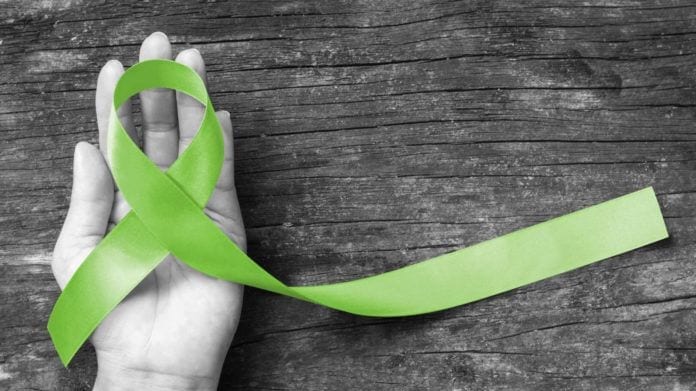May isn’t just for planting flowers and enjoying the warmer weather; it also holds a very important message for many Americans. This month is Mental Health Awareness month; a time to learn how to recognize the signs and symptoms of mental health problems. It’s also a time to erase the stigma we often attach to mental illness.
Mental Health Awareness Month is facilitated by Mental Health America, a non-profit dedicated to promoting good mental health among all Americans. This year, Mental Health America is focusing on “Risky Business,” which are behaviors that could be symptoms of mental illness; or otherwise increase the risk of developing mental illness.
In support of Mental Health Awareness Month, let’s look at the six behaviors everyone should pay close attention to.
[bibblio style=”bib–row-3 bib–hover bib–white-label bib–font-arial bib–default bib–size-16 bib–shine” query_string_params=”eyJ1dG1fc291cmNlIjoiQmliYmxpbyIsInV0bV9tZWRpdW0iOiJNb2R1bGUiLCJ1dG1fY2FtcGFpZ24iOiJSZWNvbW1lbmRhdGlvbnMifQ==” recommendation_type=”optimised”]
Prescription Drug Misuse

About seven percent of Americans over the age of 12 say they have misused a prescription drug. People can become addicted to prescription painkillers, even when the pills are prescribed for a legitimate medical reason. Some individuals also take prescription pills to get high because they believe it to be safer than street drugs. Prescription drug abuse is a problem in and of itself, but it can also lead to depression, anxiety and sleep disorders.
Compulsive Buying
Compulsive buying may also be referred to as a shopping addiction. Wait—isn’t that pretty common? About six percent of Americans will, at some point, experience the symptoms of Compulsive Buying Disorder, which include buying things you cannot afford, feeling anxious when unable to go shopping, and feeling better when you buy things. Compulsive buying is a mental health problem by itself, but it can also accompany anxiety disorders, substance abuse, eating disorders or ADHD.
Internet Addiction

Internet addiction is a condition that often accompanies another mental health problem; such as substance abuse, depression, a sleep disorder, ADHD, or anger issues. Researchers are unsure whether Internet addiction causes the aforementioned conditions, or vice versa; but regardless, Internet addiction is a red flag when it comes to mental health. Symptoms of Internet addiction can be found here but there are some common traits to look out for; like thinking about being online constantly, feeling irritated or depressed when disconnected, and losing track of time when online.
Sex
Having sex is a healthy and normal part of life, but some sexual behaviors may actually be a sign of mental illness. Having sex with many different partners in a short period of time, not using protection and having sex while drinking and using drugs are all red flags. A person exhibiting these behaviors may have an addiction to sex, which can be just as serious as a drug addiction. Risky sexual behavior may also be a symptom of bipolar disorder.
Exercise Extremes
The Center for Disease Control and Prevention (CDC) recommends at least 150 minutes of moderate exercise or 75 minutes of vigorous exercise per week to stay healthy. Getting less than the recommended amount of exercise not only puts one at risk for poor physical health, it could also be a symptom of a mental health disorder. A low level of physical activity could be a symptom of depression; it can also put a person at increased risk for developing depression.
At the same time, exercising too much can also be a sign of a mental health disorder. If a person is frequently missing social or work obligations to work out or continues to exercise despite illness or injury, they may have an exercise addiction, which often accompanies eating disorders.
Marijuana Use
Just because a person uses marijuana, it does not mean they have a mental illness. But heavy marijuana use that interferes with performing day-to-day responsibilities could be a sign of psychological addiction or depression. When determining an issue with marijuana use, some key symptoms include strong urges for marijuana, an inability to quit and developing a tolerance.
If you or someone you love is struggling with any of the aforementioned symptoms, Mental Health America can help you find treatment and support here.
Hero (Top) Feature Image: © Chinnapong / Adobe Stock
Additional Images (in Order) Courtesy:
JJAVA / Adobe Stock
Iryna Tiumentseva / Adobe Stock
carballo / Adobe Stock












